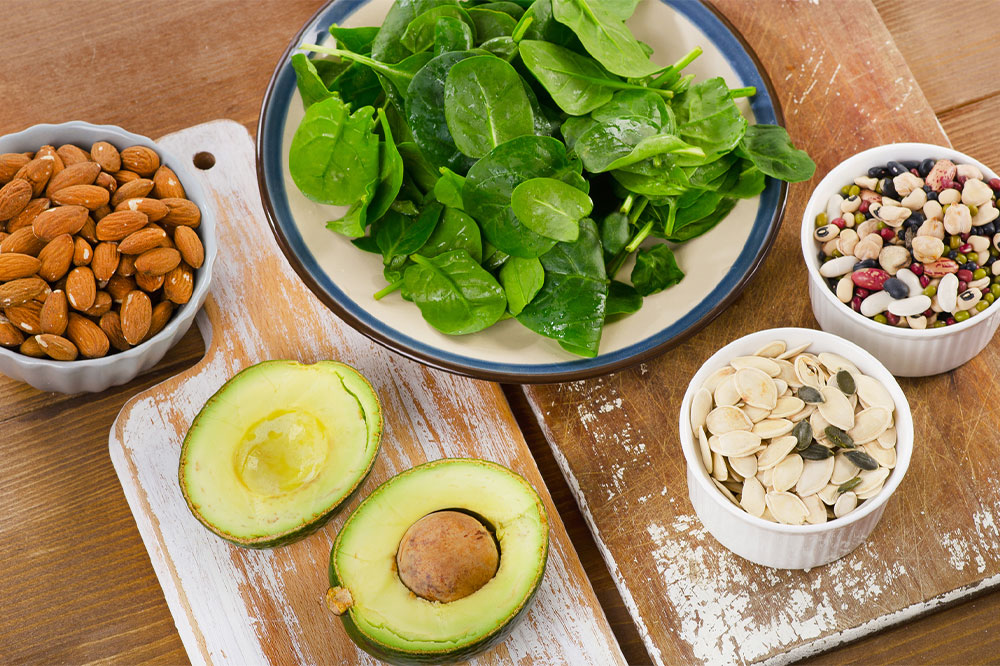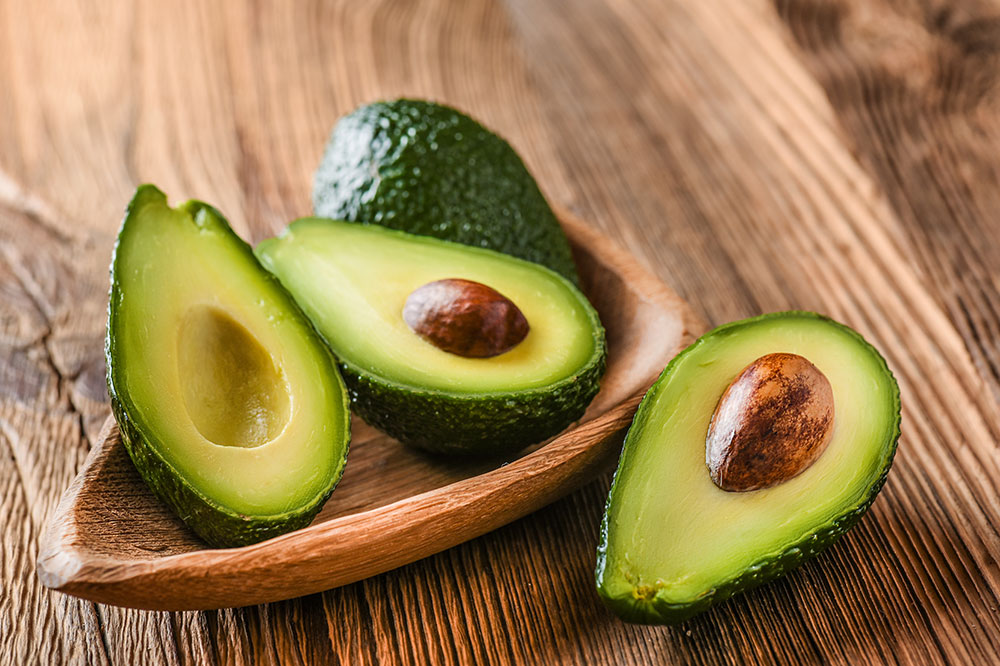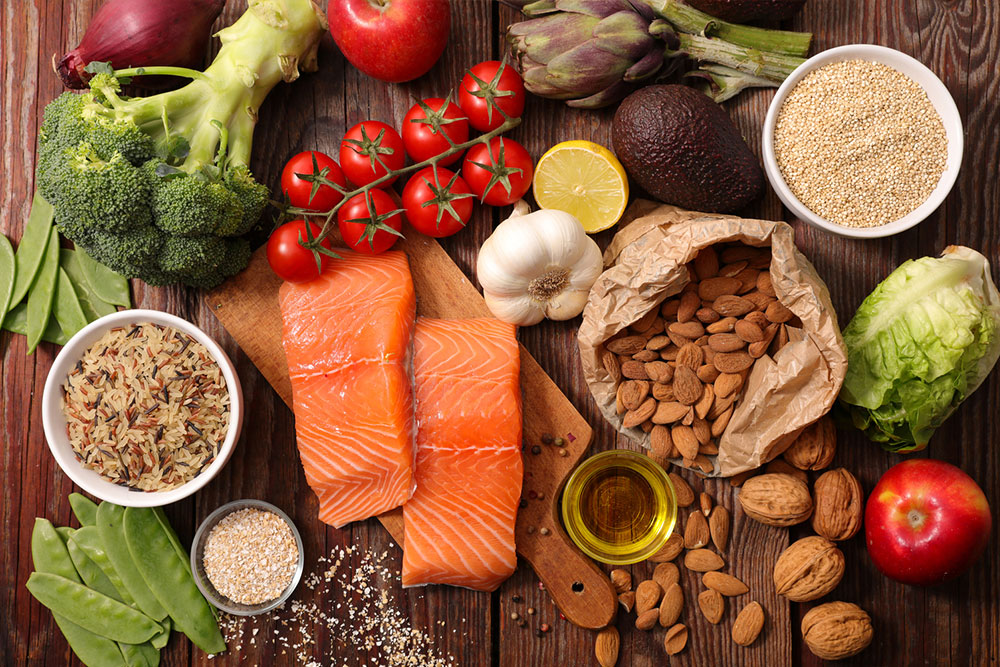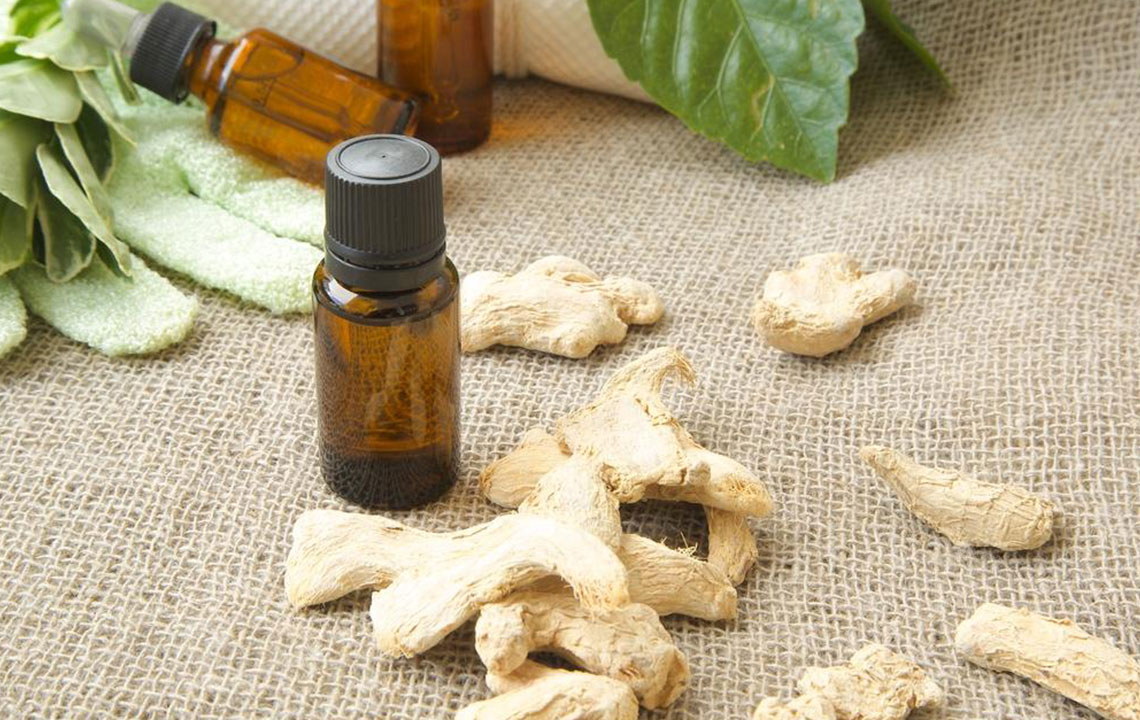Top 6 Nutritional Strategies to Alleviate Migraines
Discover six natural foods that may help manage and lessen migraine symptoms effectively. Incorporating these dietary strategies alongside medical treatment can improve quality of life for those suffering from migraines. Always consult a healthcare professional before making significant dietary changes or starting new treatments.

Top 6 Nutritional Strategies to Alleviate Migraines
Chronic headaches known as migraines can stem from various environmental, physiological, and emotional factors. With nearly 1 billion cases worldwide and around 40 million affected in our country, managing symptoms is crucial. Although medications provide relief, dietary choices also play a significant role. Certain foods can help reduce migraine frequency and intensity. Here are six key foods that may assist in controlling migraine pain naturally.
Caffeine
While excessive caffeine intake can worsen migraines, moderate consumption of caffeine-rich foods can sometimes help alleviate headache symptoms when combined with medication.
Drinks like tea and coffee contain caffeine, which may help relieve headaches when used responsibly.
Bananas
Rich in magnesium, bananas can help combat migraine pain. They are also over 70% water, aiding hydration and reducing headache severity.
Watermelon
Since dehydration is a common trigger for migraines, watermelon’s high water content—over 90%—can provide relief in a simple, natural way.
Additionally, the natural sugars in watermelon help restore energy levels.
Seeds and Nuts
Magnesium plays an essential role in headache relief. Foods like flaxseeds, pumpkin seeds, and chia seeds are excellent magnesium sources. Walnuts and cashews also contain magnesium and can help manage migraine symptoms.
Peppermint
Peppermint, especially in oil form, can help open up congested sinuses and relieve sinus-related headaches. Drinking herbal tea with peppermint oil can provide quick relief from migraine discomfort.
Chocolate
A small amount of dark chocolate can help manage mild migraines, as it contains caffeine, which may reduce withdrawal-related headaches.
While incorporating these foods might ease migraine symptoms naturally, it’s essential to consult a healthcare professional to ensure they are safe for individuals with specific health conditions.
QULIPTA™ (atogepant)
QULIPTA™ (atogepant) is designed for episodic migraine sufferers. It works by blocking CGRP receptors, proteins involved in migraine triggers. Available in 10mg, 30mg, and 60mg doses, it should be taken as directed by a doctor.










